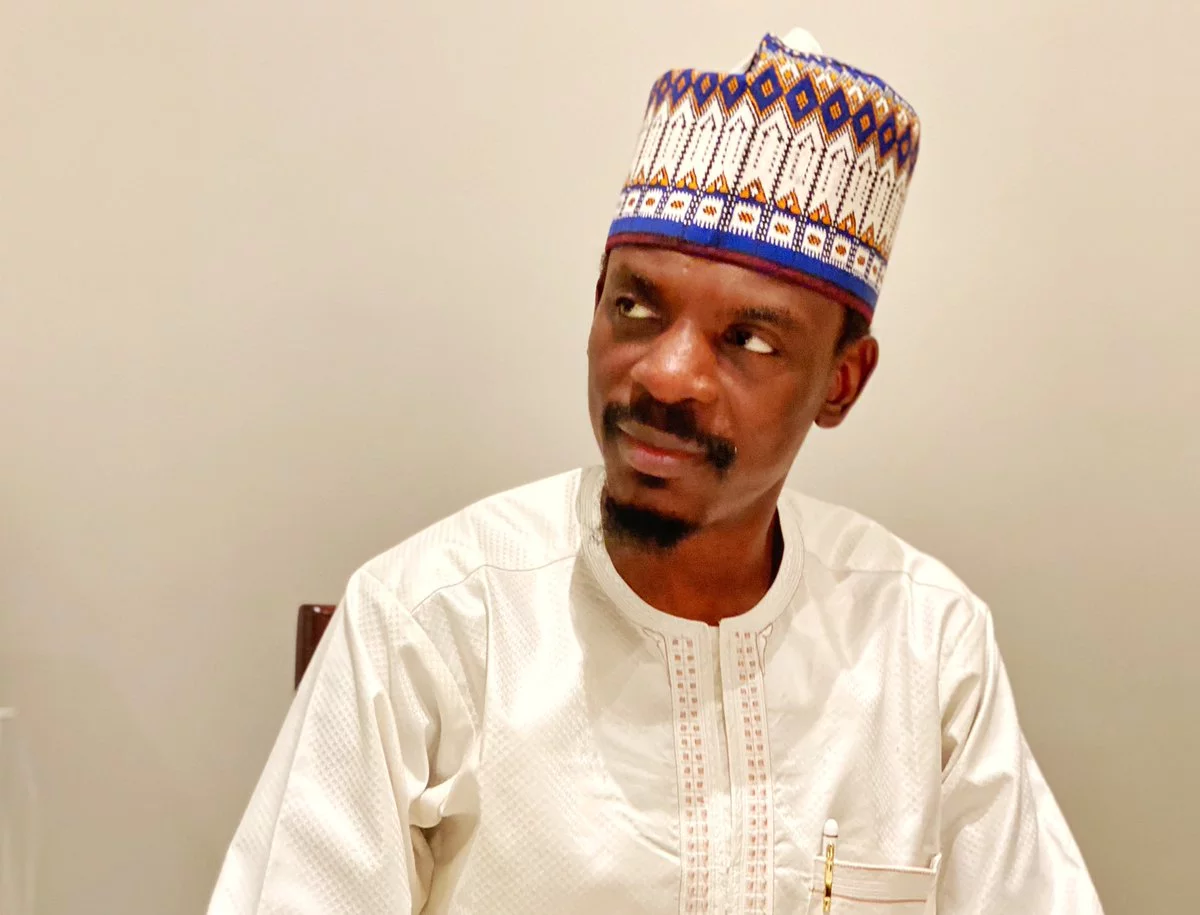BREAKING NEWS

US CUTS VISA VALIDITY FOR NIGERIANS: BASHIR AHMAD LINKS POLICY TO NIGERIA’S GROWING TIES WITH BRICS
Former presidential aide, Bashir Ahmad, has weighed in on the United States’ recent decision to slash visa validity for Nigerians, suggesting that the move goes beyond mere policy reciprocity and may actually reflect Washington’s discomfort with Nigeria’s changing global alliances.
Ahmad shared his thoughts on X (formerly Twitter) on Tuesday after the U.S. announced it would now issue most Nigerians applying for non-immigrant visas only a single-entry visa valid for three months, down from the previous five-year multiple-entry visas.
While the U.S. Embassy in Nigeria explained that the decision was simply a response to Nigeria’s own visa policy for American citizens, Ahmad believes there’s more to it.
“I am of the opinion that the recent review of U.S. visa policy on Nigeria, reducing the 5-year multiple entry visa to just 3 months single entry, is not solely about reciprocity,” Ahmad wrote.
According to him, the shift likely ties into Nigeria’s warming relations with BRICS nations — Brazil, Russia, India, China, and South Africa — and broader global realignments under President Bola Tinubu’s leadership.
“It appears to reflect growing U.S. discomfort with Nigeria’s increasing global realignment, particularly the warm reception we are receiving from the BRICS,” he added.
Ahmad also pointed out that Nigeria is making bold moves to secure its future through new strategic partnerships. He highlighted President Tinubu’s recent participation in the BRICS Summit in Brazil as a clear demonstration of Nigeria’s confidence and rising influence on the world stage.
Despite concerns about the shorter visa validity, Ahmad expressed optimism, stating that Nigeria would stay on the right course and successfully navigate any hurdles.
Meanwhile, the U.S. Embassy has maintained that the revised visa validity is simply in line with “the principle of reciprocity,” matching the duration and type of visas Nigeria currently offers American citizens.
As these diplomatic undercurrents unfold, many Nigerians are now watching closely to see how the country’s evolving international relationships will continue to shape policies — both at home and abroad.
"This represents a significant development in our ongoing coverage of current events."— Editorial Board









